Selling your Condo?
Selling a condo isn’t easy these days. Real estate agents have to do due diligence on condo board finances and do not have the necessary skills to read and analyze financial statements.
Selling your Condo?
Selling a condo isn’t easy these days. Real estate agents have to do due diligence on condo board finances and do not have the necessary skills to read and analyze financial statements.
If depicted accurately in the documentary Murder in West Cork, the evidence:
is enough to convict …

While often a matter of juvenile humor, it has become increasingly obvious to the peer-reviewed scientific community that explosive flatulency (commonly known as “power farting”) is a serious, substantial vector of Covid-19. At first, it was thought …
Gloria Escalante, a condo board member unit owner in the collapsed Champlain Towers South building, urged unit owners in 2019 to approve the hiring of Frank Morabito, the structural engineer who examined the building in 2018 and so could “hit the …

Potential buyers (erroneously referred to by real estate agents as “clients”1) are now asking for deep discounts and information about the building’s 40-year recertification process, leading one agent to complain that “no one asked about this …
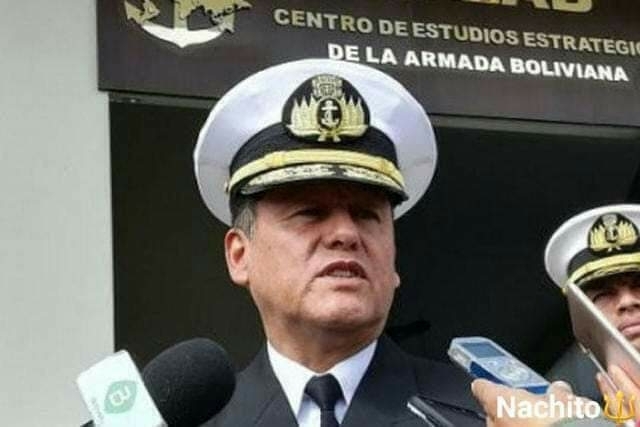
A Bolivian admiral was arrested for his role in the military coup that overthrew Evo Morales.
Bolivia is landlocked. Bolivia lost its outlet to the sea in the 19th century War of the Pacific to Chile and since then has been trying to recover access …

“In a small moment of hope, a cat was seen wandering a lower floor of the remaining flank of the 12-story condominium complex. Crews hoped to place a trap on the balcony so the cat could be rescued. It could not be immediately determined whether the …
The number of cases in Bahrain during the last month has dropped from a high of 28,798 active cases to a low of 2882 on the last day of the lockdown, July 2. The lockdown is only suspended; if the number of cases starts to rise again, it will be …
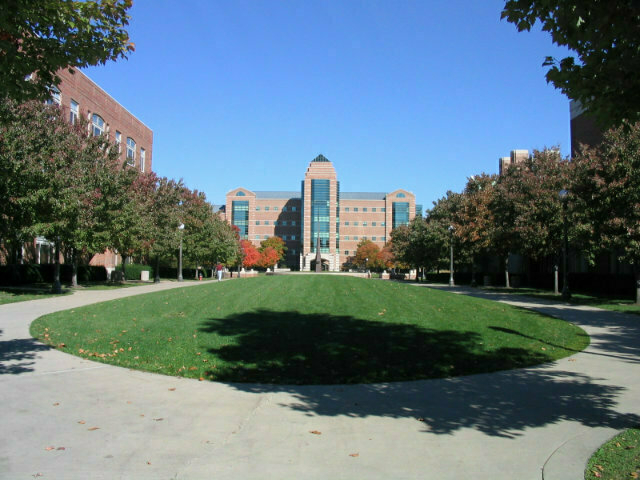
I was sitting around with my roommates a few years ago and the subject of retirement came up, as did the subject of finding low rent accommodation. I recounted an experience I had trying to find low-cost housing in Los Angeles in the summer. College …
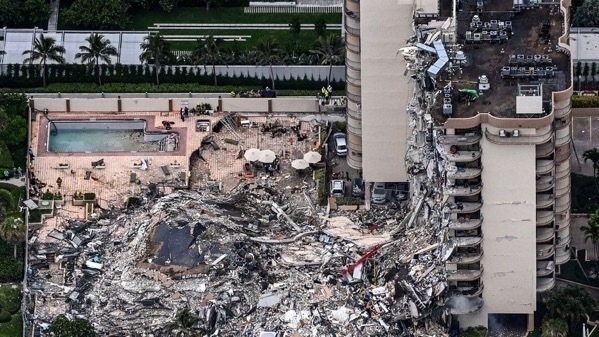
Biden has nothing to do with the Champlain Towers South building collapse.
Nothing.
The feds have no involvement at all.
Hell, the City of Miami Beach, just yards away, doesn’t even have responsibility: they pass the buck to Surfside, a …
Florida’s vocabulary gifts:
chad, as in “hanging chad” spall (v.)
Any others?
#English #Florida #spalling
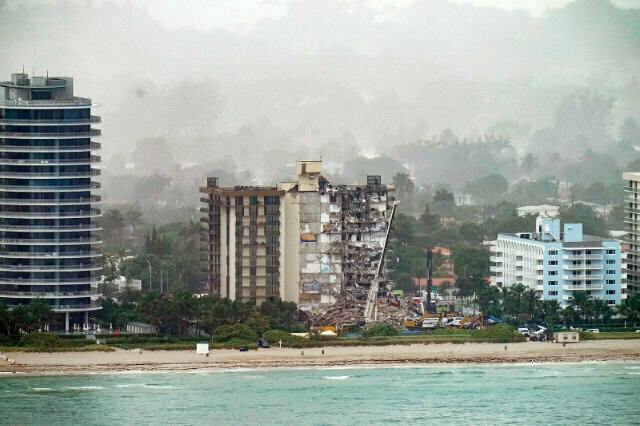
There’s a lot being written about the Champlain Towers collapse, but perhaps, as a former owner of a beach-side unit just twenty blocks south and as a lawyer with some experience as both an owner and with Florida law, my thoughts might be a little …
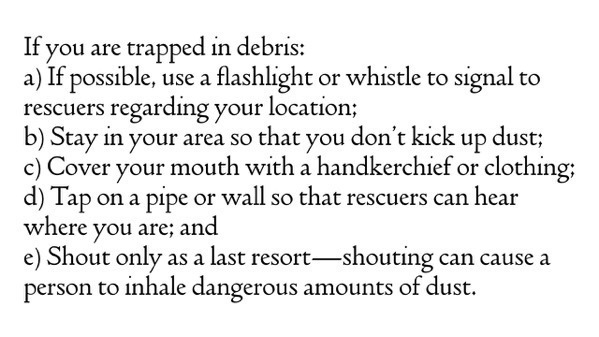
Trapped in debris? Earthquake? Avalanche? Collapsed building?
Or just visiting an Associated Press or Al Jazeera office?
If so, keep these tips in mind:
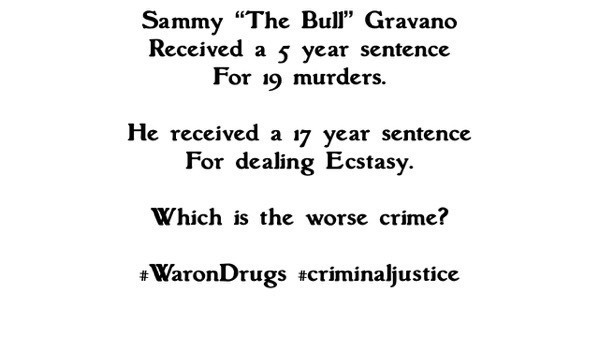
The US criminal justice system is arbitrary and capricious.
Sammy got 5 years for 19 murders.
How many are on death row for less?
#warondrugs #criminaljustice
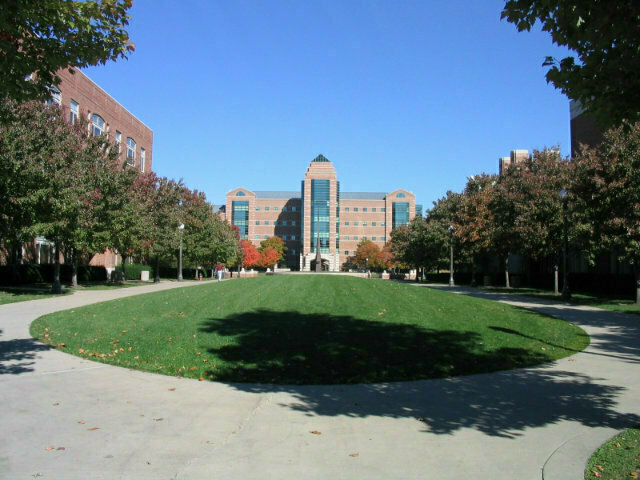
I was sitting around with my roommates a few years ago and the subject of retirement came up, as did the subject of finding low rent accommodation. I recounted an experience I had trying to find low-cost housing in Los Angeles in the summer. College …
It occurs to me that jurors are left to their own devices when it comes to voting ballots on an indictment. Don’t think that it is merely a question of voting “guilty/not guilty” either; modern indictments contain multiple counts and multiple …
With all the discussion about the removal of Portugal from the UK travel bubble, few saw that Bahrain was added to the UK redlist. This means that travelers to the UK from Bahrain will have to spend ten days in government approved quarantine.
So much …
If the NY Times and the rest of the Western MSM got behind Assange, that would be the end of it. They haven’t, forgetting that Assange’s fate is theirs.
Jennifer’s downfall was her fine taste in clothes. Not satisfied with shopping at Target or Marshal’s—two places she wouldn’t be caught dead in—she preferred haute couture boutiques on Worth Avenue in Palm Beach. Shopping in West Palm was out of the …
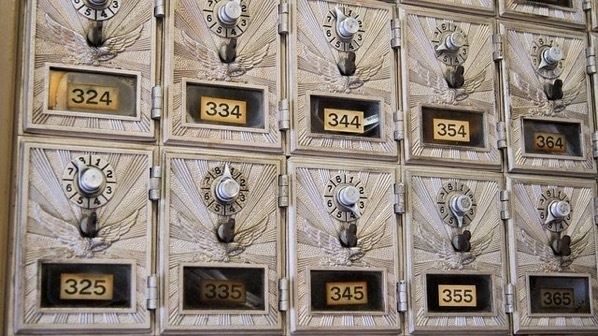
My vaccination is linked to my Bahraini resident’s permit number (CPR). Unfortunately, that permit has expired, though I am still in the country under another visa. A residency permit has nothing to do with the state of my health. Indeed, I could be …
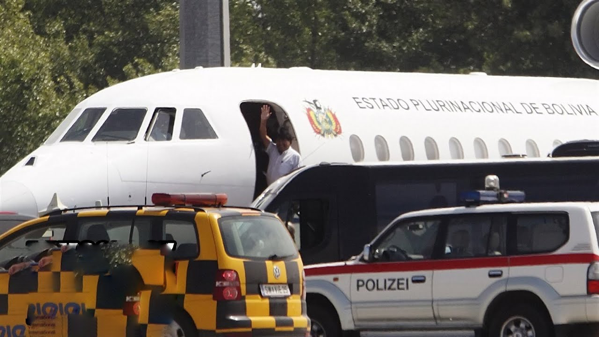
Interesting how Western governments and the Media™ have attacked Belarus for diverting and grounding an airliner. Childish minds have forgotten when the US did the same thing, grounding Evo Morales' presidential jet and diverting it to Switzerland …
The iconic photo of Che Guevara was cropped.
#photography #Original #PhotographyRedefined
The average U.S. book is now selling less than 200 copies per year and less than 1,000 copies over its lifetime.
Has anyone been on a Teams/Zoom call (not w/in CONUS) where at least someone had a technical issue?